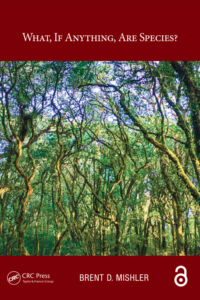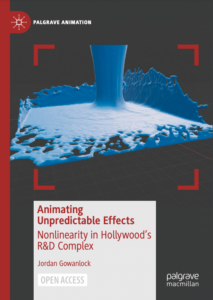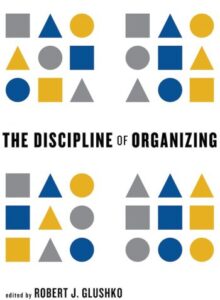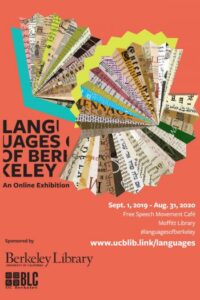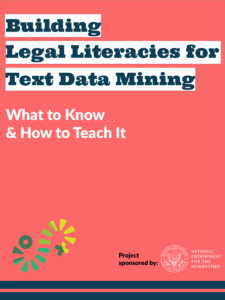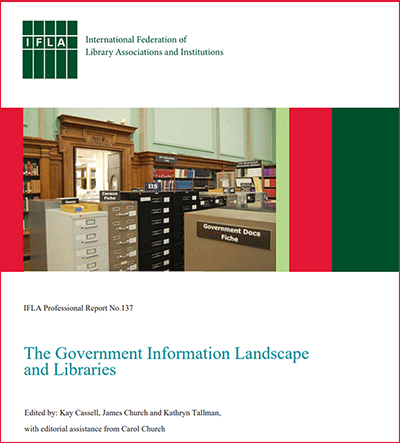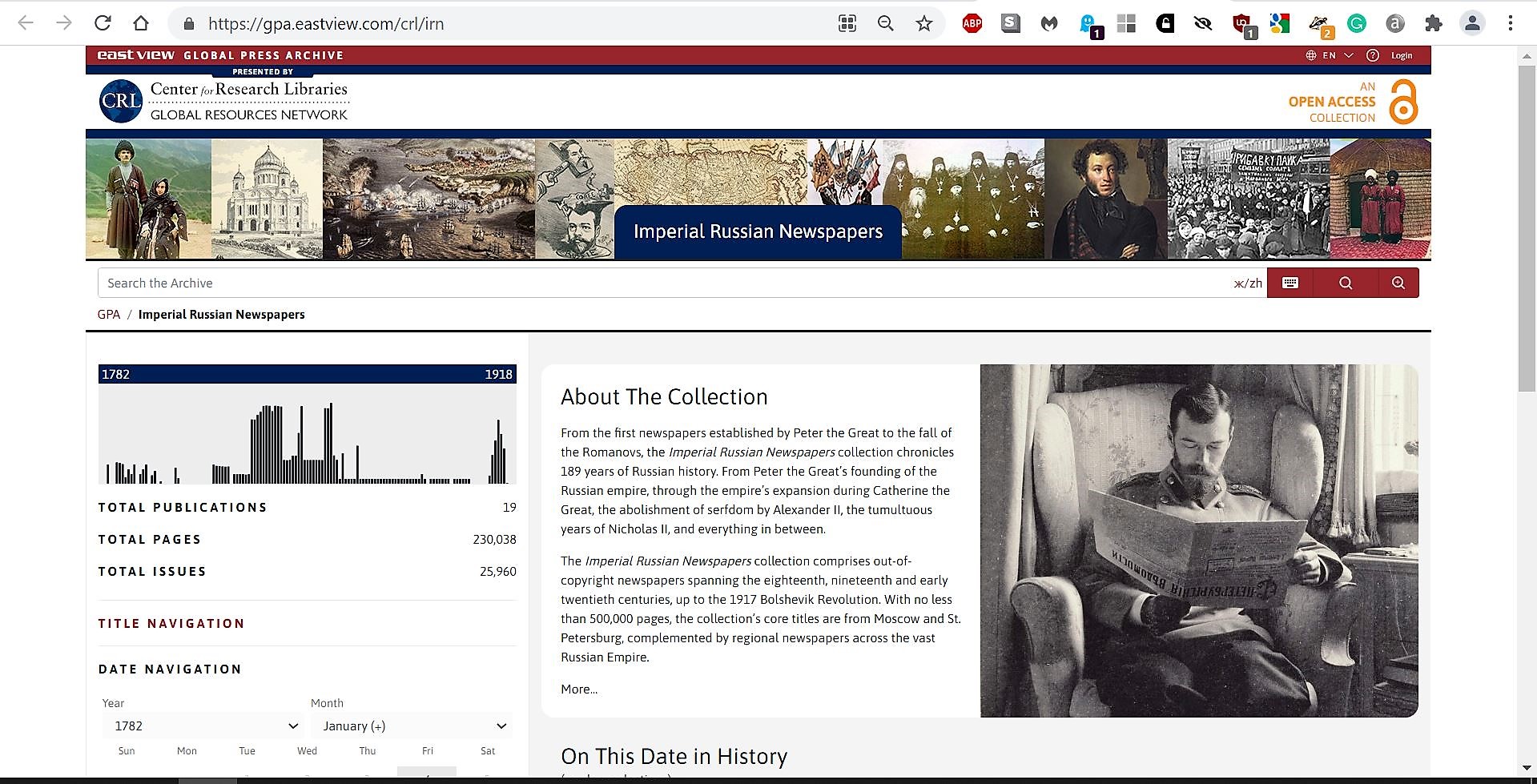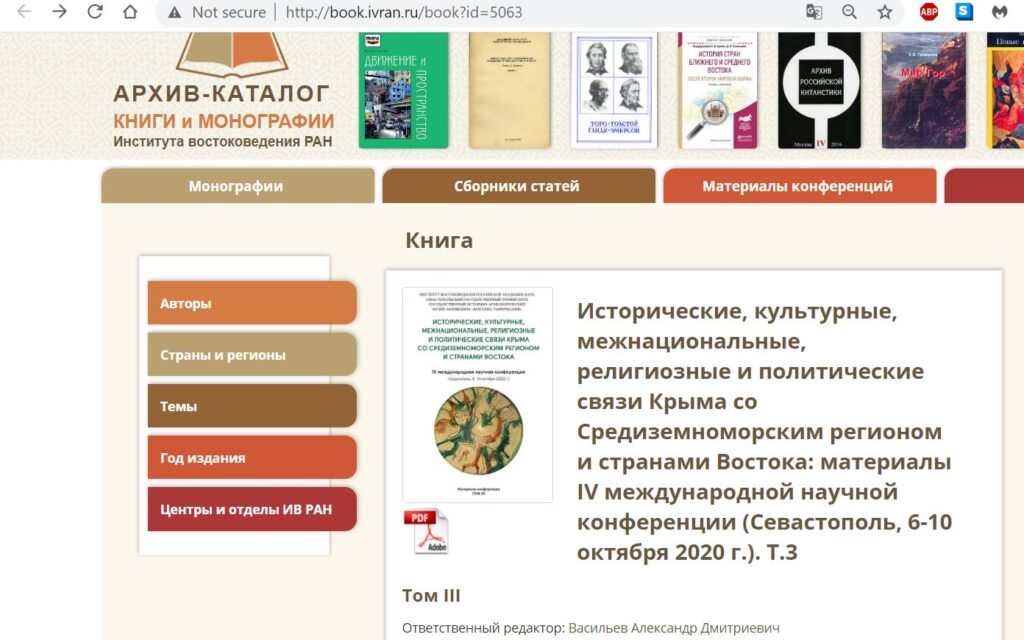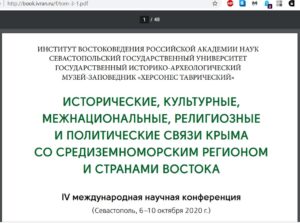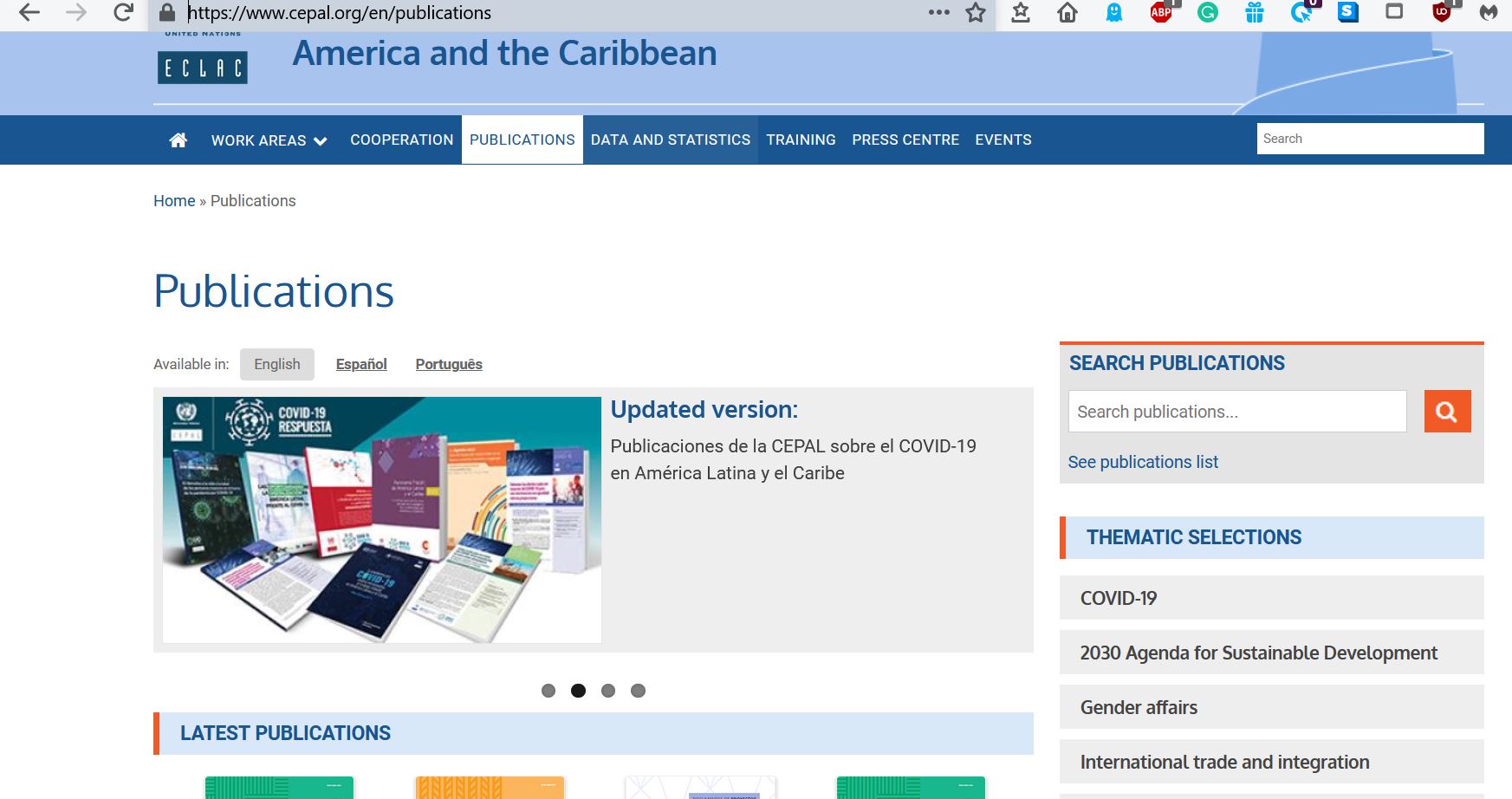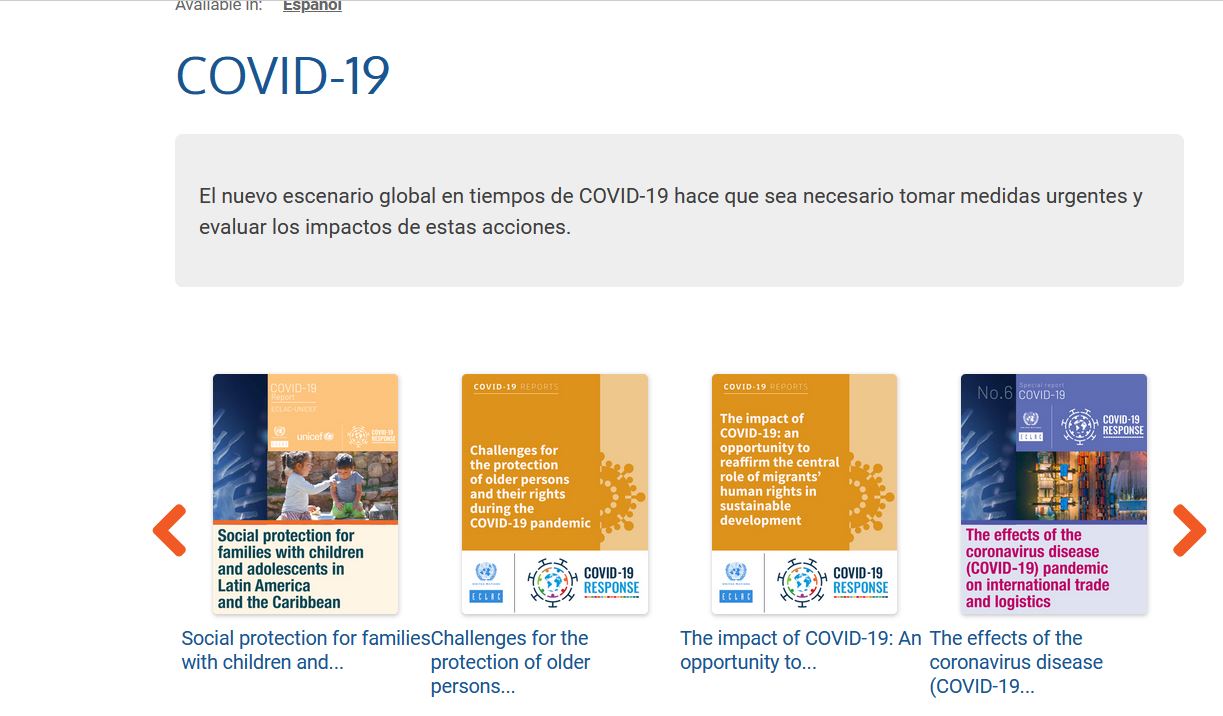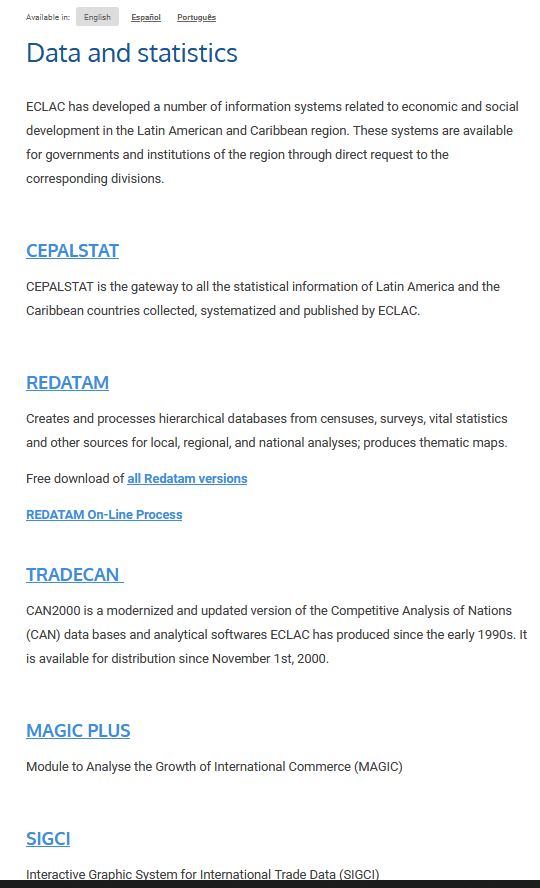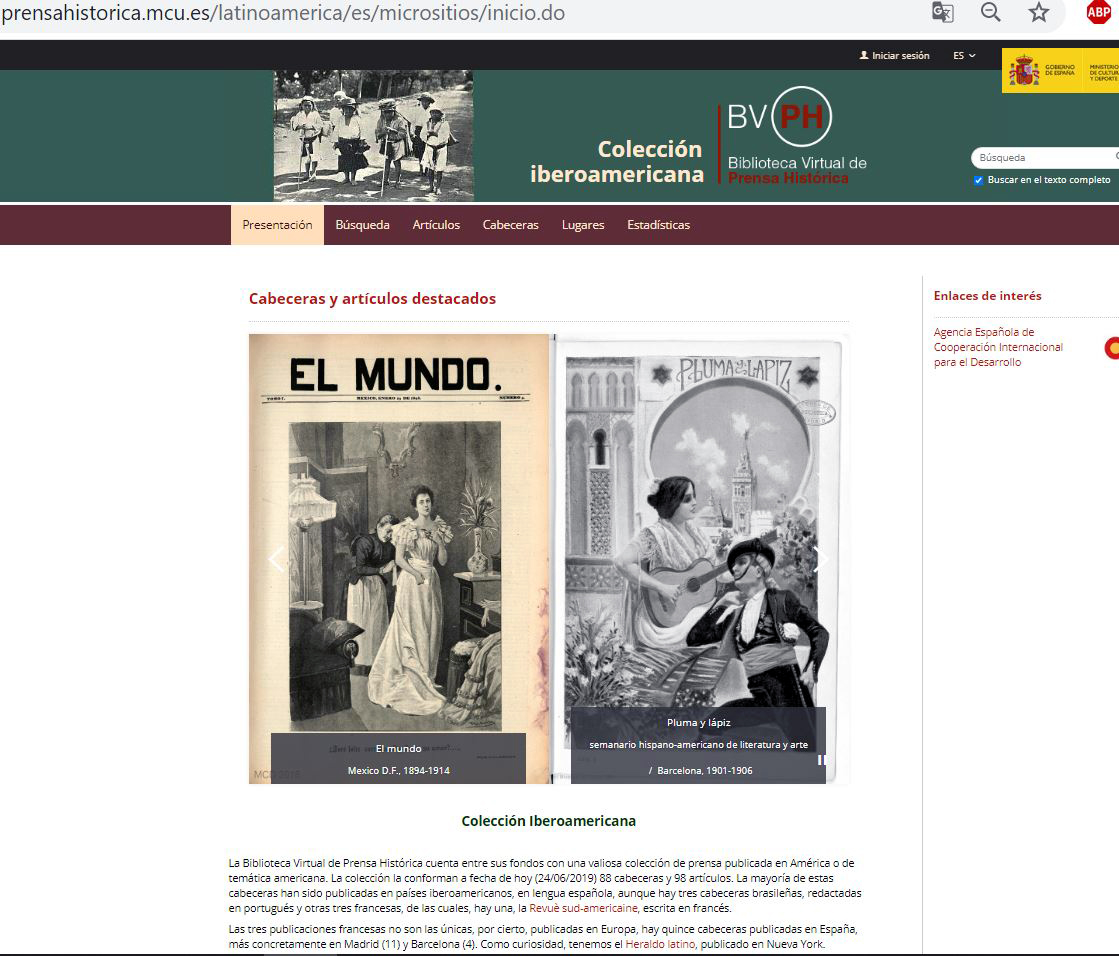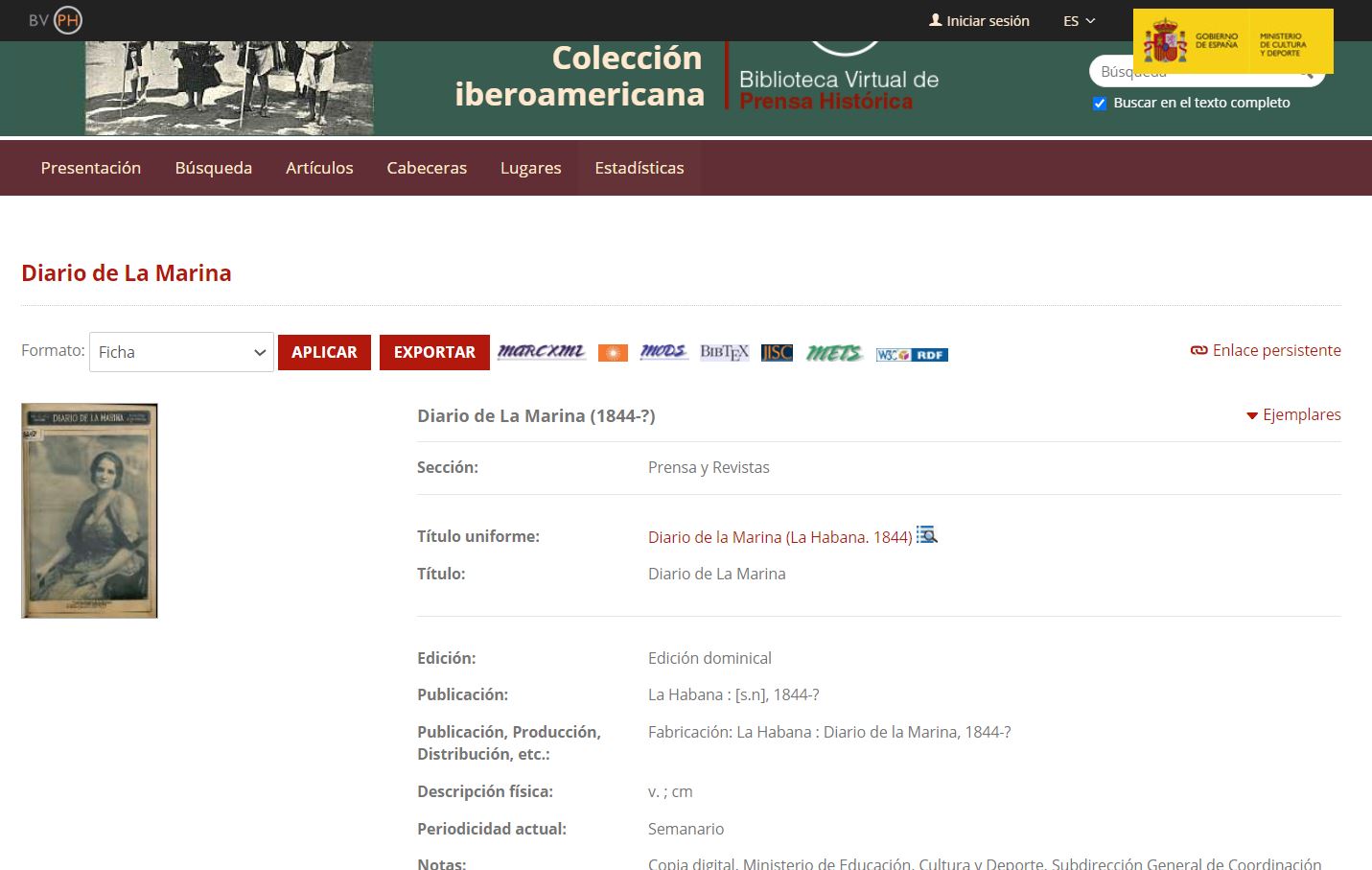Tag: open access
Supporting open access book publishing at UC Berkeley: Summer 2021 update
The University of California has taken a multi-faceted approach to supporting open access (OA). For instance, UC’s open access policies ensure that university-affiliated authors can deposit their final, peer-reviewed research articles into eScholarship, our institutional repository, where the articles may be read by anyone for free. The UC has entered into several transformative open access agreements, with the dual goal of enabling universal open access to all UC research and containing the excessively high costs associated with licensing journals. UC also has been supporting new publishing models, such as Berghan Open Anthro’s Subscribe-to-Open.
At the local level, UC Berkeley Library continues to offer the Berkeley Research Impact Initiative (BRII). This program helps UC Berkeley authors defray article processing charges (APCs) that are sometimes required to publish in fully open access journals (note that BRII doesn’t reimburse authors for publishing in “hybrid” journals—that is, subscription journals that simply offer a separate option to pay to make an individual article open access). This past year BRII provided funding for the publication of 83 open access journal articles.
The Office of Scholarly Communication Services is involved in several efforts to help journals change from subscription access to open access, including through Transitioning Society Publication to Open Access (TSPOA), and the Open Access Community Investment Program (OACIP).
Ok, great. But what about books?
The number of open access books continues to grow. As of August 2021, the Directory of Open Access Books indexes 43,793 books. The Open Access Scholarly Publishing Association recently reported that over 1,600 open access books were published by its members in 2020, which represents a growth of over 16% over the previous year.
We know that not all University of California authors are publishing journal articles, and many disciplines—such as arts & humanities and social sciences—focus on the scholarly monograph (in other words, a book) as the preferred mode of publishing. And in contrast with journal articles, books typically cost significantly more to produce. At the systemwide level, the UC is supporting several open access book publishing ventures, including The Open Library of Humanities, which publishes open access scholarship with zero author facing charges, and Knowledge Unlatched, a collection of primarily open access book publishers seeking support from libraries.
So what is UC Berkeley doing to support OA book publishing? Let’s have a look.
Springer open access books partnership

In March 2021, UC Berkeley Library entered into the first-ever institutional open access book agreement with Springer Nature. The partnership provides open access funding to UC Berkeley affiliated authors who have books accepted for publication in Springer, Palgrave, and Apress imprints. This means that these authors can publish their books open access at no direct cost to them. The agreement covers all disciplines published by Springer. It will last for at least three years, and aims to support the publication of four open access books each year. All the books will be published under a Creative Commons Attribution license.
The first book published open access under the UC Berkeley-Springer agreement is Probability in Electrical Engineering and Computer Science, written by Jean Walrand, Professor in the department of Electrical Engineering and Computer Sciences at UC Berkeley. It is available as a CC-BY licensed PDF and EPUB.
Professor Walrand wrote in an email about open access and free digital downloads affect how students and other readers interact with the book.
“Digital resources are more convenient than printed material for searching, hyperlinking, frequent updates, and general access. They enable animations, videos, and interactions with the material, its users, and authors. Moreover, availability of code that complements publications is important in our field. Students are used to reading online. In STEM fields, printed materials are becoming obsolete. However, I believe that carefully edited material is valuable and that good publishers have a useful role to play as editors of digital resources. The open access model is a good step to evolve the role of publishers and libraries. This transition is happening quickly and is challenging.”
BRII support for open access books
We already mentioned how the Berkeley Research Impact Initiative helps UC Berkeley authors publish articles in fully open access journals. BRII funding can also be used to help authors pay book processing charges (up to $10,000/book) so that their monographs can be published open access.
BRII funding has helped several UC Berkeley authors make their books immediately available for free under Creative Commons licenses.
In May 2021 Integrative Biology Professor Brent Mishler published What, if anything, are species? The book is available for anyone to freely read and download under the CC-BY-NC license.
Last year, Jordan Gowanlock (UC Berkeley postdoc in the Department of Film and Media) completed Animating Unpredictable Effects: Nonlinearity in Hollywood’s R&D Complex. The open access book was published by Palgrave Macmillan under a CC-BY license.
Chris Hoofnagle, UC Berkeley Law Professor and Faculty Director of the Berkeley Center for Law & Technology, will publish Law and Policy for the Quantum Age in October 2021 through Cambridge University Press. The open access book was co-written with Simson Garfinkel and will be made available under a CC-BY-NC license. In an email, Professor Hoofnagle wrote about the importance of open access and the financial support he received from BRII:
“Publishing open access is critical to the academic success of this work. A book format was necessary to explain the history and nuances of quantum technologies. Open access gives the work the public availability of an article and the room needed to develop a story that can’t be told in an article-length exposition. We are thankful to BRII for this support.”
Open access at the University of California Press
UC Berkeley Library continues to support open access book publishing via Luminos, the OA arm of the University of California Press. The Library membership with Luminos means that UC Berkeley authors who have books accepted for publication through the UC Press can publish their book open access with a heavily discounted book processing charge. When combined with additional funding support through BRII, a UC Berkeley book author could potentially publish an OA book with the costs being covered fully by the Library. Luminos books are published under Creative Commons licenses with free downloads.
What Is a Family? Answers from Early Modern Japan was published by Luminos in 2019, with financial support from BRII. It was co-written by UC Berkeley Department of History Emerita Professor Mary Elizabeth Berry. What Is a Family? is available as an openly licensed ebook in EPUB, MOBI, and PDF formats.
Pressbooks open book platform
The UC Berkeley Library hosts a version of Pressbooks, an online platform through which the UC Berkeley community can create open access books, open educational resources (OER), and other types of digital scholarship. UC Berkeley authors have published several books via Pressbooks over the last year, including Euripides Scholia, The Discipline of Organizing, The Languages of Berkeley, and Building Legal Literacies for Text Data Mining.
Pressbooks provides for web viewing, as well as ebook downloads in a variety of formats, including PDF and EPUB. Anyone with an @berkeley.edu email can create and publish ebooks on Pressbooks. And, the Office of Scholarly Communication Services continues to offer small grants of up to $5,000 to Berkeley faculty or instructors who wish to create open educational resources or open textbooks that are aimed to be used in instruction.
Investing in the broader OA book publishing community
Back in April we wrote about how the UC Berkeley Library’s Collection Services Council was working to develop local best practices to guide investment in open access products and services. The Library is now working on an implementation plan that embeds the criteria into decision making about whether (and how) to invest in OA resources, memberships, and projects, including OA book publishing initiatives.
We’re starting to kick the tires of the review criteria and process based on requests we’ve already received to invest in new types of open access book support models. For example, the University of Michigan Press is testing a publishing model that asks for upfront investment from the library community in order to support new open access book publishing. Under their Fund to Mission Open Access Monograph Model, if the press meets a specific financial investment goal, they’ll make 50% of their 2022 titles open access. The more investment they receive from the library community, the greater percentage they publish open access from the get go. Libraries are granted term access to their backlist for the duration they are offering support. UC Berkeley Library has evaluated the proposal of the University of Michigan Press Ebook Collection and decided to financially support the initiative for the next three years.
Wrapping up
In this post, we discussed the many ways that the University of California—and specifically UC Berkeley—is supporting scholarly authors to create and share open access books. In addition to providing financial assistance, platforms, and publishing guidance, the Library is committed to promoting the broader OA book publishing ecosystem through strategic investment of our collections budget. We’ll continue to explore a variety of approaches to support the UC Berkeley community (and beyond) who wish to publish books on open access terms.
If you’re interested to learn more about how you can create and publish and open access book, visit our website or send an email to schol-comm@berkeley.edu.
Jim Church in print: The Government Information Landscape and Libraries
Librarian for Economics, Political Economy, and International Government Information Jim Church is one of the three editors of the just released IFLA publication The Government Information Landscape and Libraries, which provides case studies on challenges and opportunities for access, preservation and digitization of government information around the world. Jim is also the author of the chapter on international governmental organizations (IGOs), and he provides a terrific overview of this complex and challenging area. As Jim states, “IGO documents and publications often do not show up in Google Scholar or in the Indexing and Abstracting databases that libraries purchase. They are often not cited, or cited poorly.” Yet they are an important, often essential, source for researchers seeking information (numeric and textual) on a wide array of global topics.
We are very fortunate to have Jim’s expertise at Berkeley, and it’s great that it’s now being shared globally through this open access resource!
Susan Edwards,
Head, Social Sciences Division
Social Welfare Librarian & Interim African Studies Librarian
LA PROTESTA (Argentina) Digitized along OA model
In a 2012 issue of European Review of Latin American and Caribbean Studies / Revista Europea de
Estudios Latinoamericanos y del Caribe, No. 92 (April 2012), we see the descriptions of La Protesta- Argentina’s important historical anarchist newspaper as follows, “The Argentinean newspaper La Protesta was founded in 1897. After some years, it became the most important anarchistic newspaper in the country. It had close ties with the Regional Workers Federation (FORA) that was established in 1901. The history of La Protesta gives a good overview on the themes concerning the Latin American realities in the first decades of the twentieth centuries (pg. 2).”
Argentina’s “AMÉRICALEE,” portal dedicated to the Latin American Periodicals of the 20th century, declared that one could freely access the issues of La Protesta Online.
The project is a part of CeDInCI. Centro de Documentación e Investigación de la Cultura de Izquierdas digitization efforts.
La Protesta Humana (1897-1903)
La Protesta (1903-1906)
One can download issues in their PDF format here. Several other left-leaning titles have been digitized, and the researchers can access these OA titles.
See the rest of the issues of La Protesta through 2015, by clicking on the image below and then scrolling down.
Open Access: Imperial Russian Newspapers (Center for Research Libraries)
The CRL and East View have opened the first release of content for Imperial Russian Newspapers, which is the fourth Open Access collection of titles digitized under the Global Press Archive (GPA) CRL Charter Alliance.
The Imperial Russian Newspapers collection, with a preliminary release of 230,000 pages, spans the eighteenth through early twentieth centuries and will include core titles from Moscow and St. Petersburg as well as regional newspapers. Central and regional ‘gubernskie vedomosti’ will be complemented by a selection of private newspapers.
The complete announcement is available on the CRL website at https://www.crl.edu/news/crl-and-east-view-release-open-access-imperial-russian-newspapers
Source: CRL-SEEMP
Reporting back on our ACRL 2021 conference panel: Open access investment at the local level
Last year the UC Berkeley Library’s Collection Services Council charged a working group to develop local best practices to guide investment in open access (OA) products and services. Advancing open access to scholarship is one of the Library’s key goals, and addressing how and when UCB invests in OA resources and materials is one path to supporting this priority. In May 2020 the working group completed its report, recommending key criteria and a workflow for evaluating open access investment opportunities.
Even though the Library is in the early stages of implementing the proposed criteria and review process, we submitted a proposal for the 2021 ACRL Conference to share our work with the broader academic library community and to receive feedback as we develop the process. We also wanted to hear how related projects address open access investments, and understand the challenges (and hopefully, solutions) others have encountered along the way.
Our panel was titled Open access investment at the local level: Sharing diverse tactics to improve access & affordability. We know that many decisions about open access investments take place at administrative or consortial levels, but librarians frequently field requests for access, resources, or partnerships at the local level through their relationships with students, researchers, and faculty. The panel aimed to share real-world examples of where and how academic libraries decide to invest in open access resources, and discuss commonalities and differences in strategies and give attendees examples they can apply in their own roles.
Panelists included:
- Sam Teplitzky, Open Science Librarian, UC Berkeley
- Timothy Vollmer, Scholarly Communication & Copyright Librarian, UC Berkeley
- Sharla Lair, Senior Strategist, Open Access & Scholarly Communication Initiatives at LYRASIS
- Tom Narock, Assistant Professor of Data Science at Goucher College
- Justin Gonder, Senior Product Manager, Publishing, California Digital Library
Tim discussed the findings and recommendations of the UC Berkeley Library Open Access Investment Working Group, including the main criteria and processes by which the Library could evaluate open access investment opportunities. Sharla outlined the Open Access Community Investment Program, a new community-funded OA publishing program launched by LYRASIS and Transitioning Society Publications to Open Access (TSPOA). It aims to match nonprofit publishers who are seeking financial investments with funders looking to support OA publishing projects. Tom and Justin talked about the goals and infrastructure required to support preprint servers such as EarthArXiv, and explained the partnership that EarthArXiv entered into with the California Digital Library. Sam led the group discussion at the end of the panel.
We thank the panelists for their time and engaging conversation, and hope the discussion sparks ideas for open investments beyond Berkeley. You can view the panel presentations and discussion below. If you have questions or comments, please send them to schol-comm@berkeley.edu.
Springer Nature and UC Berkeley Library sign new open access book partnership
Cross-posted at Springer Nature.
Agreement to publish open access books across all subject areas will increase the reach and impact of future publications.
Berkeley | Heidelberg | London, 23 March 2021
Springer Nature has signed its first ever institutional open access (OA) book agreement with the University of California, Berkeley Library. The agreement will cover a broad range of book titles across all disciplines — from humanities and social sciences to sciences, technology, medicine and mathematics and, starting in 2021 and running for at least three years, will provide open access funding to UC Berkeley affiliated authors. The open access book titles will publish under the Springer, Palgrave, and Apress imprints, with initial titles set to publish later this year.
This agreement with UC Berkeley Library follows the UC systemwide landmark transformative agreement with Springer Nature announced last year to enable UC authors to publish research articles open access in over 2700 Springer Nature journals. While the transformative deal covers the publication of journal articles, books are the common or expected publishing format in some disciplines. The need to account for a variety of scholarly outputs prompted UC Berkeley Library to sign a new agreement providing direct assistance to book-publishing authors.
The books will be published under a CC BY licence and readers around the world will have free access to the books via Springer Nature’s content platform SpringerLink. With research showing that open access books are downloaded ten times more often and cited 2.4 times more, this important agreement will significantly enhance the visibility, dissemination and impact of important academic research.
Niels Peter Thomas, Managing Director Books, Springer Nature, said:
“We are delighted to be partnering with UC Berkeley Library in what is our first ever institutional partnership for open access books and our first US agreement for open access books. This represents a big step towards ensuring access to funding for book authors. By utilising our experience as the largest academic book publisher and expertise in enabling the transition to open access, we look forward to increasing the impact and reach of book authors at UC Berkeley and their research.”
Jo Anne Newyear-Ramirez, UC Berkeley Library’s Associate University Librarian for Scholarly Resources, said:
“UC Berkeley Library has been working with publishers to create sustainable and inclusive paths to open access, for both scholarly articles and books. For the past several years, through our Berkeley Research Impact Initiative, we have covered a significant portion of book processing charges for any open access book our authors publish, but this agreement with Springer Nature takes an even bigger leap forward. Under this agreement, we will cover 100% of standard publishing costs for open access books that UC Berkeley authors publish with Springer Nature for at least the next three years. This will help yield important progress on our journey to advance knowledge by making more UC Berkeley-authored books open to the world. We’re equally thrilled to be pioneers among U.S. academic institutions in entering into this type of agreement with Springer Nature.”
END
About UC Berkeley Library
The UC Berkeley Library is an internationally renowned research and teaching facility at one of the nation’s premier public universities. With 24 distinct destinations, including Doe and Moffitt libraries, The Bancroft Library, the C. V. Starr East Asian Library, and an array of subject specialty libraries, the UC Berkeley Library offers services and materials that span the disciplines. The Library holds paintings, lithographs, papyri, audio and video recordings, and books, and offers robust services that connect users with these remarkable resources — and more — to inform their research and advance their understanding of the world.
About Springer Nature
For over 175 years Springer Nature has been advancing discovery by providing the best possible service to the whole research community. We help researchers uncover new ideas, make sure all the research we publish is significant, robust and stands up to objective scrutiny, that it reaches all relevant audiences in the best possible format, and can be discovered, accessed, used, re-used and shared. We support librarians and institutions with innovations in technology and data; and provide quality publishing support to societies.
As a research publisher, Springer Nature is home to trusted brands including Springer, Nature Research, BMC, Palgrave Macmillan and Scientific American. For more information, please visit springernature.com and @SpringerNature
Contact
UC Berkeley Library: With questions about this agreement, please contact UC Berkeley Library’s Office of Scholarly Communication Services: schol-comm@berkeley.edu.
Springer Nature: Felicitas Behrendt | Communications Manager | Felicitas.behrendt@springernature.com | T +49 (0) 6221 487 9901
Just launched: the Global Social Responses to COVID-19 Web Archive!
We are pleased to announce that the Global Social Responses to COVID-19 Web Archive has been launched. Created in March 2020 at the onset of the pandemic — and curated by 29 librarians throughout the Ivy Plus Libraries Confederation and beyond — the Archive documents regional, social responses to the pandemic, which are critical in understanding the scope of the pandemic’s humanitarian, socioeconomic, and cultural impact. With an emphasis on websites produced by underrepresented ethnicities and stateless groups, the Archive covers (but is not limited to): sites published by non-governmental organizations that focus on public health, humanitarian relief, and education; sites published by established and amateur artists in any realm of cultural production; sites published by local news sources; sites published by civil society actors and representatives; and relevant blogs and social media pages. At the time of its launch, the Archive featured over 2,000 websites from over 80 countries in over 50 languages.
You can access the collection in Archive-It here: https://archive-it.org/collections/14022.
For more information about the Global Social Responses to COVID-19 Web Archive (including a full list of curators), see: libguides.princeton.edu/covid-ivy.
For a blog post that may be redistributed across the Confederation and beyond, please see the following: https://ivpluslibraries.org/2021/03/iplc-launches-the-global-social-responses-to-covid-19-web-archive/.
The Ivy Plus Libraries Confederation’s Web Collecting Program is an initiative of the Confederation’s Collection Development Group, under the direction of the Web Collecting Advisory Committee and Samantha Abrams, the Web Resources Collection Librarian. If you have questions about the Global Social Responses to COVID-19 Web Archive (or if you’d like to get involved by proposing one of your own collections), please reach out to ivyplusweb@library.columbia.edu.
I hope you’ll join me in recognizing those (copied here) involved in making this important resource available to researchers and the general public: Fernando Acosta-Rodríguez, Ellen Ambrosone, Yuusuf Caruso, Paloma Celis Carbajal, Stuart Dawrs, Charlotte Giles, Glaudia Götze-Sam, Tristan Hinkel, Bogdan Horbal, Lunja Jeschke, Thomas Keenan, Ksenya Kiebuzinski, Miree Ku, Joshua Kueh, Hyoungbae Lee, Heather Martin, Brandon Miliate, Brendan Nieubuurt, Setsuko Noguchi, Liladhar Pendse, Anna Rakityanskaya, Deborah Schlein, Joshua Seufert, Alain St. Pierre, Sean Swanick, Amy Torres, Gudrun Wirtz, Ryan Wolfson-Ford, and Lou Zhou.
Source: Samantha Abrams, Columbia University Libraries. Posted by Liladhar Pendse- participant-curator in the archival project (UC Berkeley Library).
Welcome to Slavic, East European and Eurasian Studies Blog!
On the eve of “old” Russian New Year, I would like to extend a warm welcome to all who are interested in exploring with us both print and e-culture of the Slavic, East European, and Eurasian Studies collections. Often, we are questioned what Eurasia is? While there are multiple answers to the nuanced question, I will focus on Eurasian from the perspective of the often “forgotten” part of Asia- the Caucasus and Central Asia. An article on Russian culture in Luxembourg Times provides information on Russian Christmas. A brief overview of the Old and New Russian New Year is provided here.
While the New Year is here upon many in Russia, we must continue with our teaching and research under constraints imposed by the COVID-19 pandemic. I leave you to explore openly accessible books of the Institut Vostokovedeniia RAN (1818- ). The Institute of Oriental Studies of the Russian Academy of Sciences. The about section of the IV RAN‘s website provides information on the institute’s history and mission. The section of publications has basic bibliographic information on the items and provides access through the PDF. Happy Exploring!
 Below is the landing page of one of the books with PDF access.
Below is the landing page of one of the books with PDF access.
For example, if one clicks on the PDF icon as shown in the image, one can access the full-text of Istoricheskie, kulʹturnye, mezhnat︠s︡ionalʹnye, religioznye i politicheskie svi︠a︡zi Kryma so Sredizemnomorskim regionom i stranami Vostoka : IV mezhdunarodnai︠a︡ nauchnai︠a︡ konferent︠s︡ii︠a︡ (Sevastopolʹ, 6-10 okti︠a︡bri︠a︡ 2020 g.) : materialy konferent︠s︡ii, as shown below:
Until the next time, keep exploring!
Open Access in Latin America: The Economic Commission for Latin America (ECLA) Publications
This is our first post in the New Year so we wish all a very happy new year. New Year is supposed to bring hope but hope is something that we always harbor. So we wish you resilience and success in your lives. Open Access in Latin America mandates a brief discussion of the publications of the Economic Commission for Latin America (ECLA). Its publications repository provides access to hundreds of OA publications in English, Spanish and Portuguese.
As shown below, the thematic selections now include ECLAC publications on COVID-19.
ECLAC’s website also offers access to statistical databases related to Latin America.
We leave you with good wishes and invite you to explore the ECLAC Open Access this year. Open Access Matters!
Open Access: Colección iberoamericana of Biblioteca Virtual de Prensa Histórica
“Colección iberoamericana of Biblioteca Virtual de Prensa Histórica,” represents a treasure trove of open access materials that are hosted by the Virtual Library of Historical Press by Spain’s Ministry of Culture and Sports. The interface is easy to use and has the option to chose from Basque (Euskara), Catalan, Galego, Valencian, and English languages.
Below is a screenshot of the landing page of the Ibero-American collection of the site that might of research value to the users of this blog. At the time creating this blog post, we were having trouble accessing some components of this website. However, these can be fortunately accessed here.
Fair Academic Use Only!
Below is a screenshot of Diario de la Marina from La Habana.
